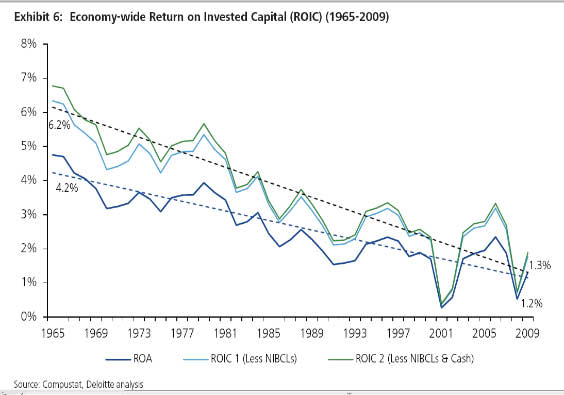Laws for thee, not for me
One of the most frequent comments one sees anytime there's a news article about cyclists, cycling, or the death thereof, is how cyclists are scofflaws. We don't obey the rules. We weave about, we ride on the sidewalk (or we don't ride on the sidewalk), we ride on the right, we don't ride on the right, we pass on the right, we don't pass on the right, we take up the whole lane, we don't take the whole lane. Always with the subtext that we're doing it wrong and are therefore fair game.
I will happily buy anyone who posts such a stupid thing on the intertubes a beer, and furnish a folding chair, and we can go sit at the stop sign next to my house and count the number of cars who actually make a full stop (never mind just go through it at full speed). Same thing at any of the six other intersections I ride through daily where I see cars completely disregard stop signs. Less than 50% come to a legal stop.
That doesn't include that quite literally more than half the population who don't understand the term “right-of-way.” Pro-tip: It means the person on your right, all other things being equal, goes first.
Here's the thing: I can't hurt anyone but me. If I go through a stop sign at 10 mph, it's my chance. And the only reason I get hit if I don't stop is because one of you didn't stop or yield or rolled through. I've gotten yelled at because I stopped! And most people don't want me to stop and clip out and put a foot on the ground. Because it's slow, for everyone, and you all hate it when cyclists slow you down almost as much as you despise cyclists just for not being in a car. And you wouldn't follow the rules of the road and give the cyclist ROW anyway, because I can count on one hand the number of times that's happened. A cyclist who tried to take the legal ROW would live a short unhappy life. And most of you don't stop at stop signs either. All of you speed. All of you talk on cell phones, or text.
So I don't wanna hear it. I go through stop signs because it's the safest thing for me to do. All I care about is not getting hit by one of you cell-phone-talking, stop-sign-running, bike-lane-infringing, texting, speeding, passing-too-close motherfuckers. I do what's safe. I roll through stops if it gets me away from you, I ride right down the middle of the fucking street so that you can't pass me, and I make sure that you distracted fuckers see me. Because I'm in your way.
Truth is, you might get pissed, but the number of psychopaths who are willing to just straight up kill me in cold blood is relatively low, compared to the number of you who are willing to kill me just because you're not paying attention. There are a lot of cold-blooded psychopaths, but most of them aren't willing to go to jail (say hi to the GoPro), but there are millions of you who just aren't fucking paying attention and will kill me just as quick, and just as dead. You might be sorry, but I'll still be dead.
So I ride in such a manner as to make you pay attention. Too bad if that pisses you off. I'm less likely to get killed because you're pissed off than killed because you're not paying attention.







TIL
That if you give Stellan Skarsgård a metal Halliburton case, bad things are going to happen.
Tagged movies, TILComment Comments Off on TIL Permalink